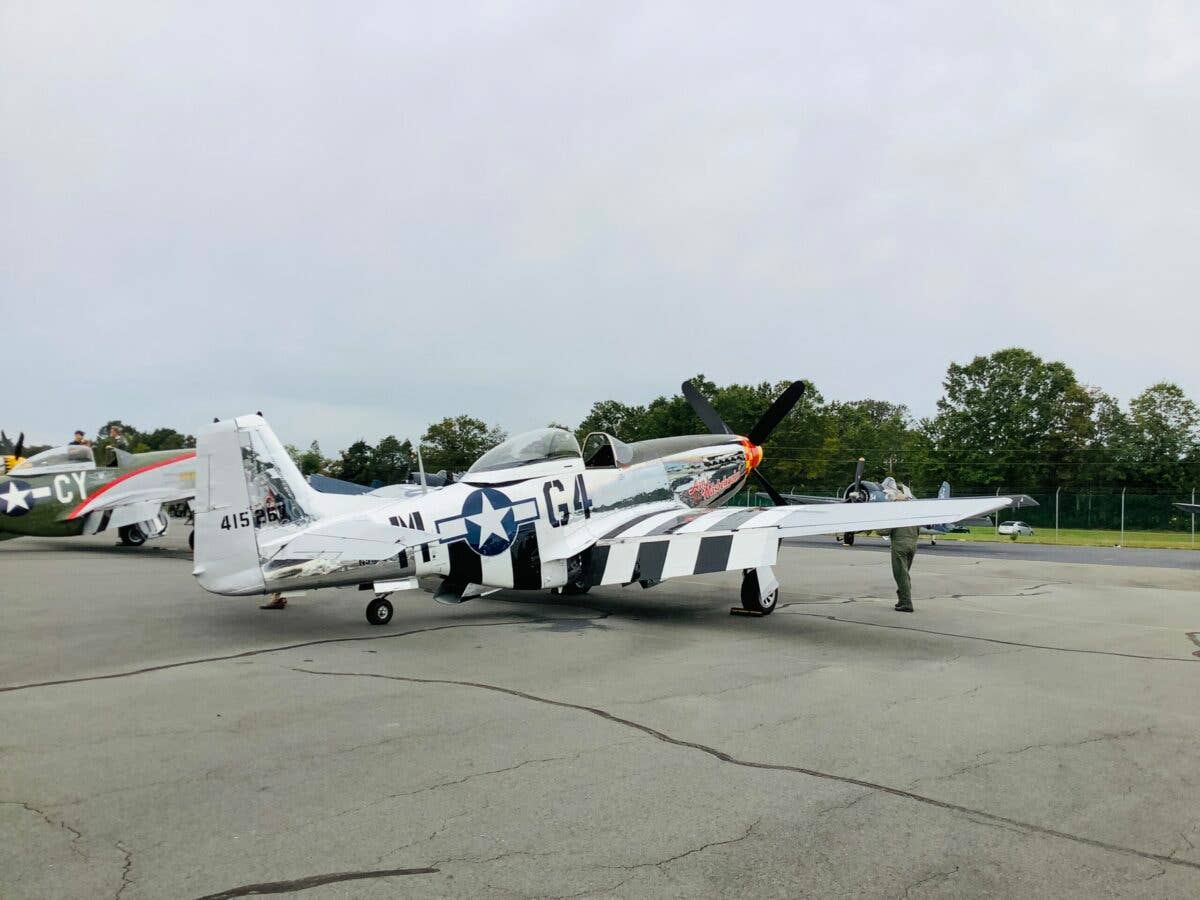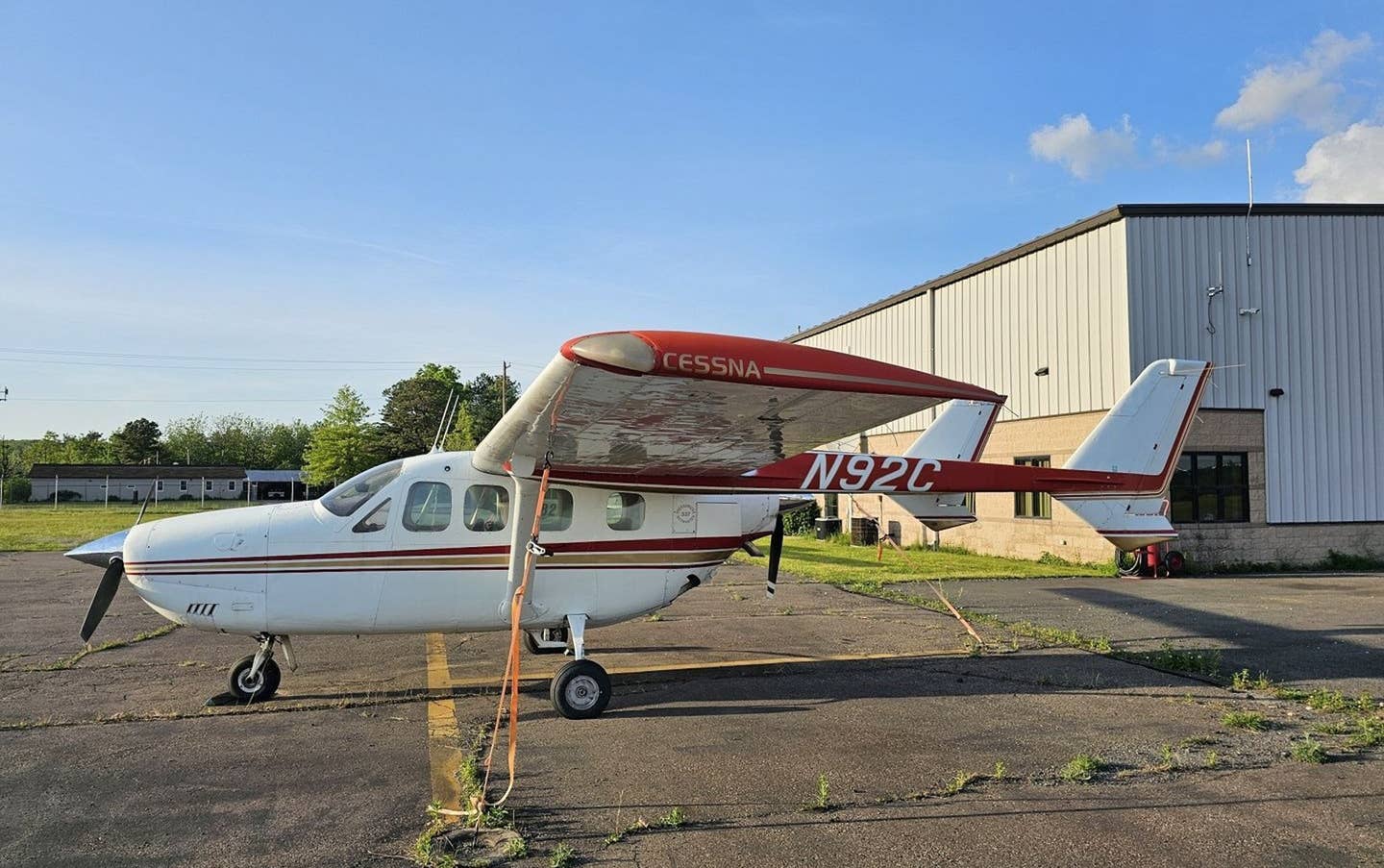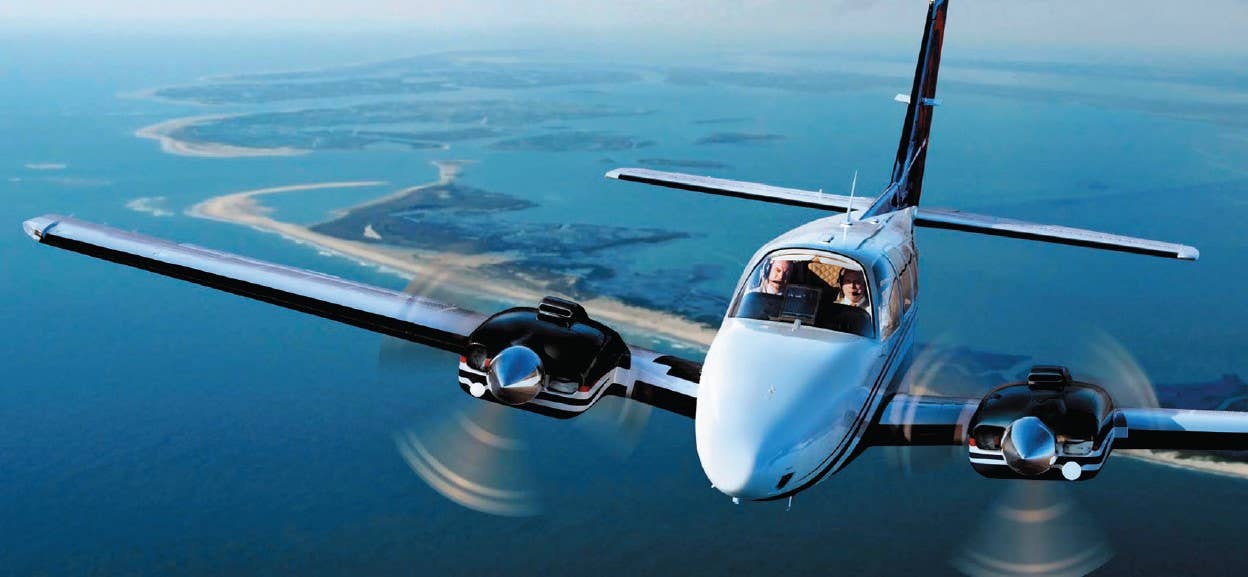Defense Spending Bill Set To Repeal FAA LODA Policy for Flight Training in Experimental Aircraft
Language in the bill eliminates the requirement for pilots and instructors.

A wide range of warbird operators are granted a reprieve by the language added to the NDAA passed on Thursday. [Credit: Julie Boatman]
The latest defense authorization bill passed Thursday night offers a reprieve for pilots and flight instructors currently forced to obtain a letter of deviation authority, known as a LODA, before flight training in an experimental category aircraft.
The development is being lauded by pilot groups who have denounced the FAA policy of requiring LODAs for certain aircraft owners and flight instructors as onerous, confusing, and an abrupt reversal of decades of regulatory precedent.
Similar to an exemption, LODAs allows for operations within specific regulatory guardrails, which may differ from what was initially permitted for a given aircraft category.
LODAs have been required for the experimental aircraft community since July 2021, after the FAA sought enforcement action against a company providing flight instruction in a World War II-era Curtiss P-40N Warhawk that was certified in the limited category. The FAA claimed that the company—Warbird Adventures—had violated FAR 91.315, which prohibits limited category civil aircraft from carrying passengers for compensation or hire, and that conducting training in this limited category required an exemption. The agency's interpretation was later upheld in federal court.
Historically, LODAs have been required for U.S.-based leasing companies operating large N-registered transport category airplanes, (which would typically fly under Part 125) under Part 91 for specific reasons. Some sport aviation operators had also needed to request LODAs since July 2001, when the FAA announced that it was implementing the requirement for anyone receiving and providing instruction in limited, primary, and experimental category aircraft.
The policy change grounded nearly 40,000 pilots overnight, according to the Aircraft Owners and Pilots Association (AOPA), which lobbied for its reversal.
Last week, Congress took aim at the FAA regulation. On December 8, the House passed the 2023 National Defense Authorization Act (NDAA), allocating $858 billion for defense spending, as well as for non-military items, including the elimination of the LODA requirement for experimental aircraft during flight training.
Flight instructors providing student instruction would not be considered operating an aircraft for compensation or hire, according to a provision included in the House bill. While the Senate version did not initially include the provision, it was later added.
Final legislative language states that flight instructors and aircraft owners are not required to obtain a LODA from FAA for flight training, checking or testing in an experimental aircraft, "if no person advertises the aircraft or instruction as available for those activities, the flight instructor is not providing both the training and the aircraft, and that no person receives compensation for use of the aircraft during those activities, other than expenses owed for operating, owning, and maintaining the aircraft.”
What does a limited-category warbird have to do with experimental amateur-built aircraft? Both are operated outside of the normal confines of Part 23 or 25 certificated aircraft, but can be approached with a high degree of safety—particularly if expert and competent instruction is available. That’s why many instructors volunteer their time in both categories of aircraft, in order to provide quality training.
The U.S. Court of Appeals’ two-page decision opened the regulatory doors wide enough for the FAA to cite FAA Advisory Circular 61-142 and claim “accumulating flight time” and “generating goodwill” fit the definition of compensation.
The aviation community pushed back since the spirit of volunteering has been the heart of sport aviation, as evidenced by programs such as EAA’s Technical Advisor and Flight Advisor initiatives, which the FAA has recognized for years as legitimate means of providing mentoring and guidance for those building and operating E/AB aircraft and warbirds. The FAA eventually clarified its stance in July 2021, yet firmly maintained the LODA requirement. Last week’s legislation rerouted the FAA’s flight plan and provided pilots flying experimentals new hope that they could continue to seek expert training without an expensive and laborious process.
Industry Response
Pilot groups, such as AOPA and the Experimental Aircraft Association (EAA) that were part of a coalition that railed against the FAA LODA policy change, lauded Congress' action to repeal it.
“Our thanks go out to the members of Congress who understood this and included this important policy fix in legislation," said Sean Elliott, EAA’s vice president of advocacy and safety. Elliot said the FAA's use of LODAs was a “...broad-brush way to address a poor legal interpretation that served only to degrade safety," adding that it was "completely misguided.”
The Congressional action is a first step, according to AOPA President Mark Baker. "The FAA legal office has turned the definition of flight training upside down and this provision is only the first step in getting us back to where we were and where we need to be," Baker said. "Flight training is a safety issue and we don't need anything that impacts that in a negative way,"
There is more work to do, he said. "We will continue to work with our friends in Congress to take the next step and codify the definition of flight training that has been used for more than 60 years."
The Senate passed the NDAA Thursday evening, sending the bill to President Biden’s desk for his signature.

Subscribe to Our Newsletter
Get the latest FLYING stories delivered directly to your inbox






